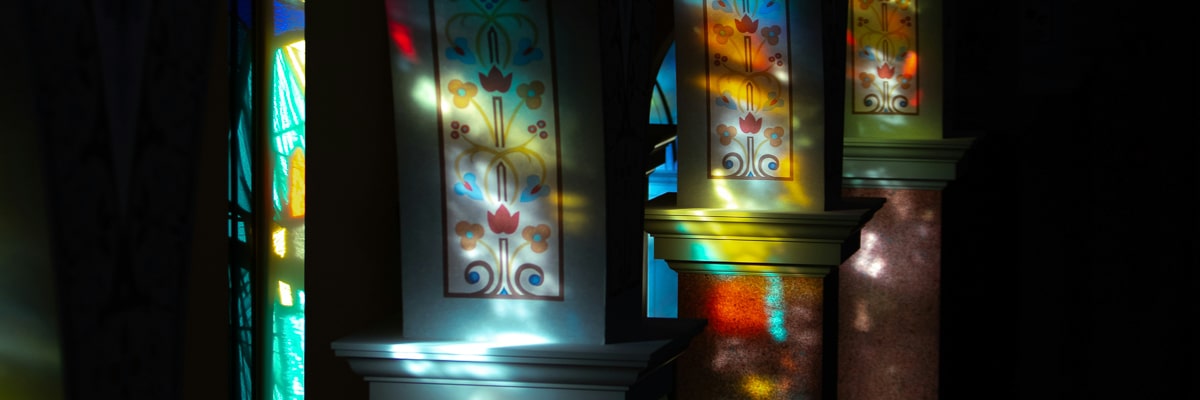
Protecting Silence and Solitude
In his years of teaching and programming through the CAC, Father Richard balanced an active and contemplative life:
I am just like you. My immediate response to most situations is with reactions of attachment, defensiveness, judgment, control, and analysis. I am better at calculating than contemplating. Let’s admit that most of us start there. The false self seems to have the “first gaze” at almost everything.
On my better days, when I am open, undefended, and immediately present, I can sometimes begin with a contemplative mind and heart. Often I can get there later and even end there, but it is usually a second gaze. It is an hour-by-hour battle, at least for me. I can see why so many spiritual traditions insist on daily prayer, in fact, morning, midday, evening, and before we go to bed prayer too! Otherwise, I can assume that I am back in the cruise control of small and personal self-interest, the pitiable and fragile “richard” self.
My Franciscan tradition and superiors have allowed me in these later years to live alone, in a little “hermitage” behind the friary and parish. When I am home, I am able to protect long hours of silence and solitude each day, which I fill with specific times of prayer, study, journaling and writing, spiritual reading, gardening, walking, and just gazing. It is a luxury that most folks probably do not have. My time on the road, which is often as much as 50% of the time, is much harder to balance, and probably more like your life.
On a practical level, my at-home day is two extremes: both very busy (visitors and calls, counselees, work at the CAC, mail, writing, and some work at Holy Family parish) yet on the opposite side, my life is very quiet and alone. I avoid most social gatherings, frankly because I know my soul has other questions to ask and answer as I get older. Small talk and “busyness about many things” will not get me there.
Our practice, whatever it is, must somehow include the problem. Contemplation is not the avoidance of the problem, but a daily merging with the problem, and finding some resolution. We quickly and humbly learn this lesson in contemplation: How we do anything is probably how we do everything.
It’s taken me much of my life to begin to get to the second gaze. By nature, I have a critical mind and a demanding heart, and I am impatient. These are both my gifts and my curses. Yet I can’t have one without the other, it seems. I can’t risk losing touch with either my angels or my demons. They are both good teachers. A life of solitude and silence allows them both, and invariably leads me to the second gaze. The gaze of compassion, looking out at life from the place of Divine Intimacy is really all I have, and all I have to give, even though I don’t always do it.
Reference:
Adapted from Richard Rohr, “Contemplation and Compassion: The Second Gaze,” Radical Grace 18, no.6 (November–December 2005): 3, 15.
Image credit and inspiration: Jacob Bentzinger, untitled (detail), 2023, photo, Unsplash. Click here to enlarge image. Like the light of a stained-glass window making new patterns and shapes on a wall, we look at old things and old ways with new eyes and discover new ways of being.
Story from Our Community:
Earlier this year, I had the privilege of witnessing and companioning my soulmate as they traveled through the portal of death. The final words I spoke from the depths of my being were “Thank you!” During the time of grief that followed, my heart expanded as I consciously integrated within me all the love we shared. After going through that experience, I feel more able to hold the pain and suffering of the world with compassion and mercy. Somehow, I intuitively know that an expansion of the heart like I experienced is the way for all of us to create a better future.
—Martha H.




